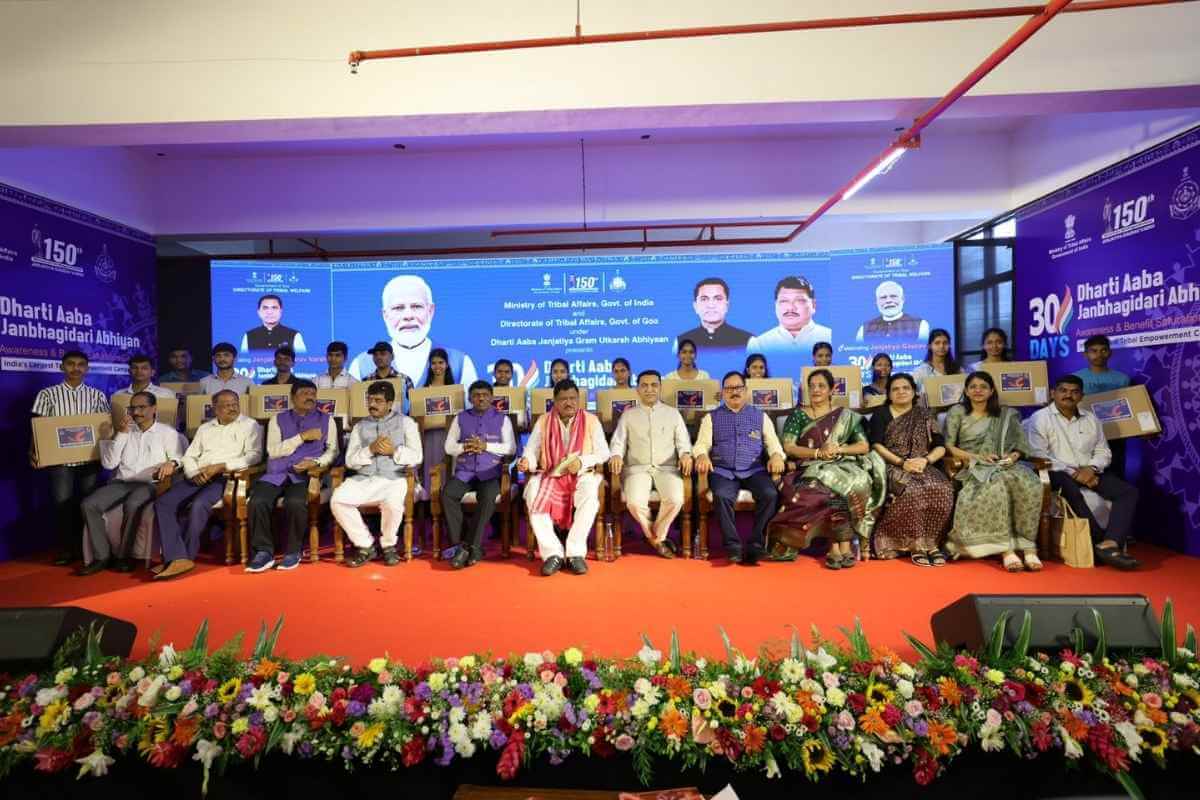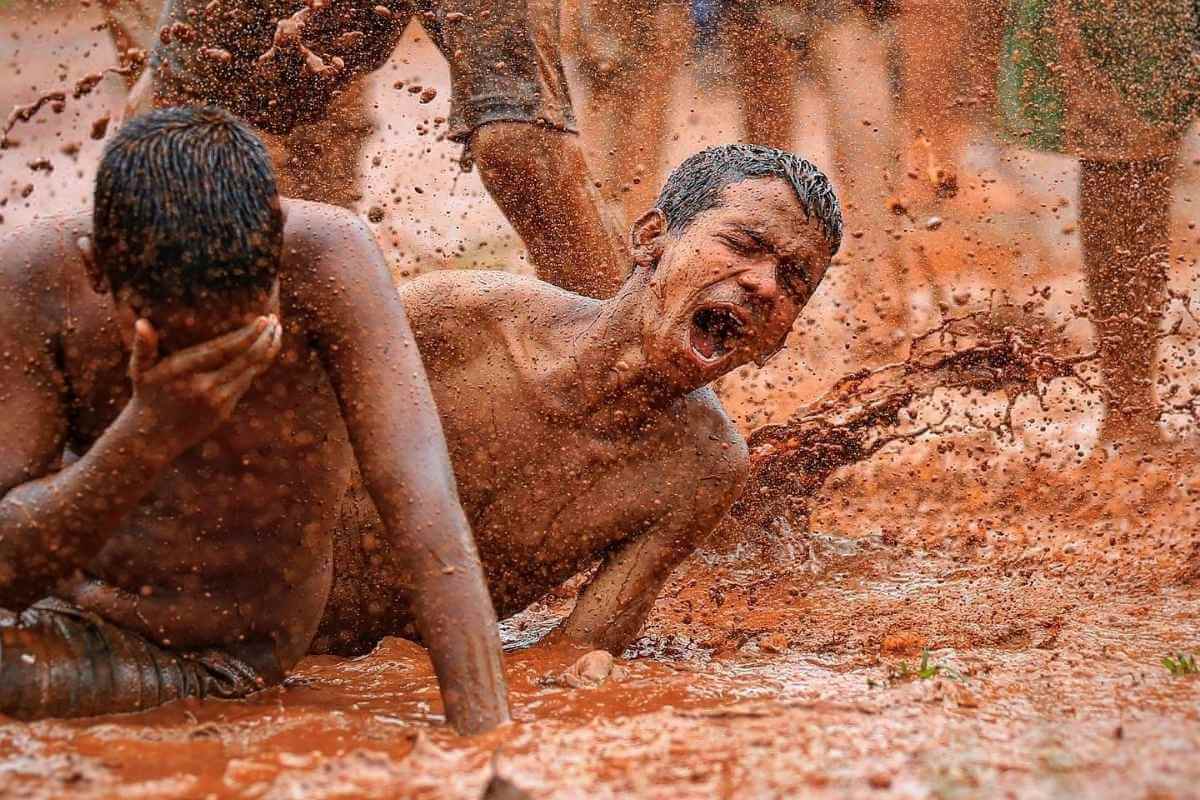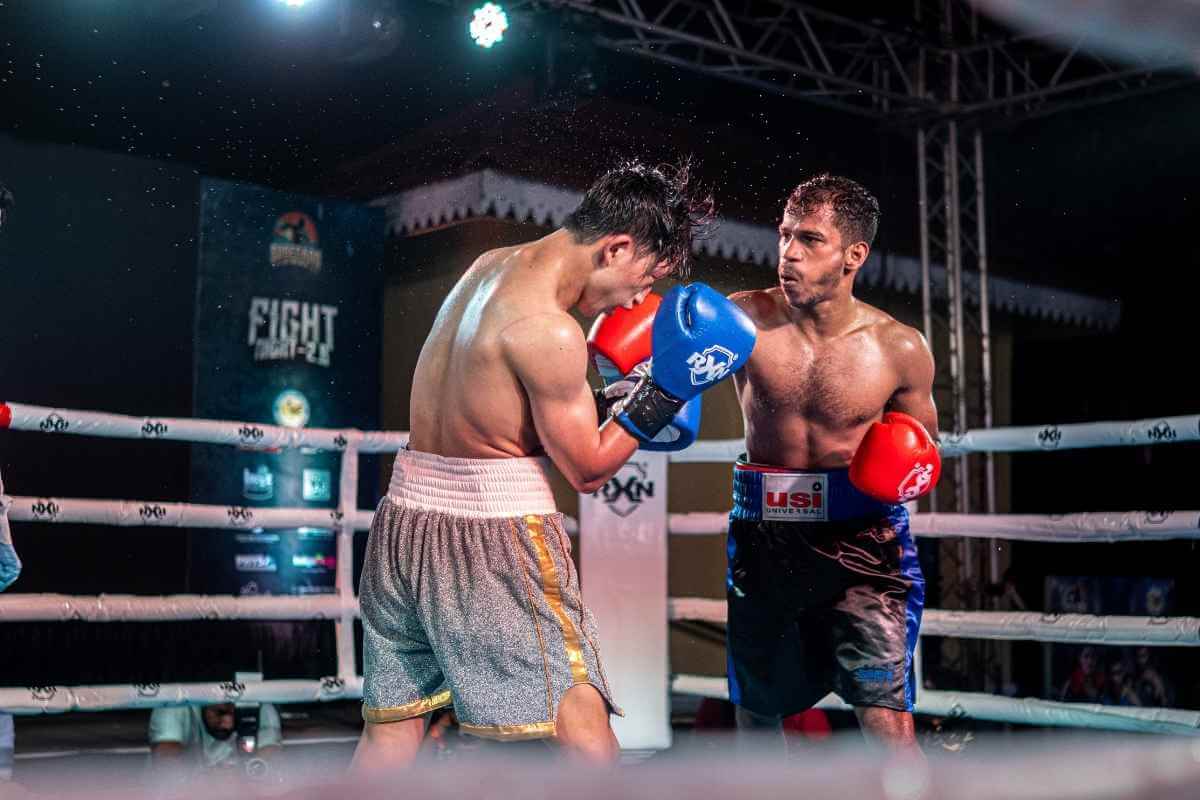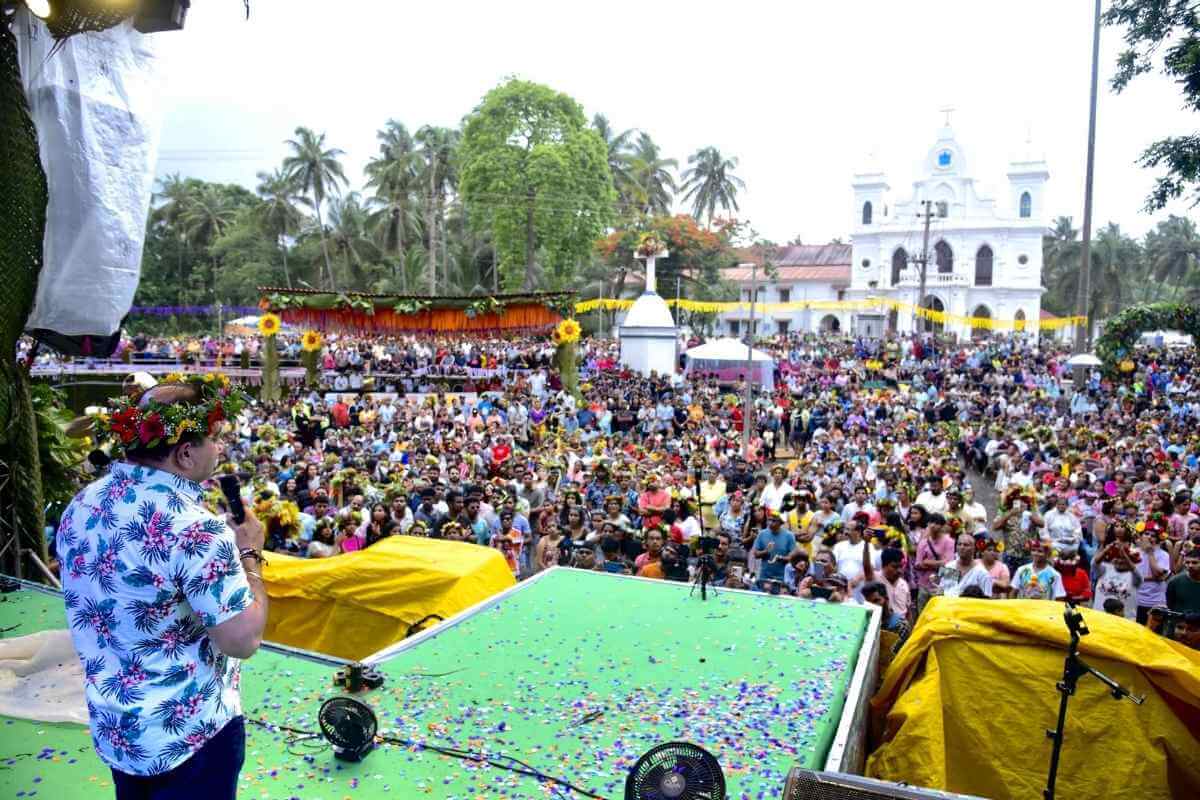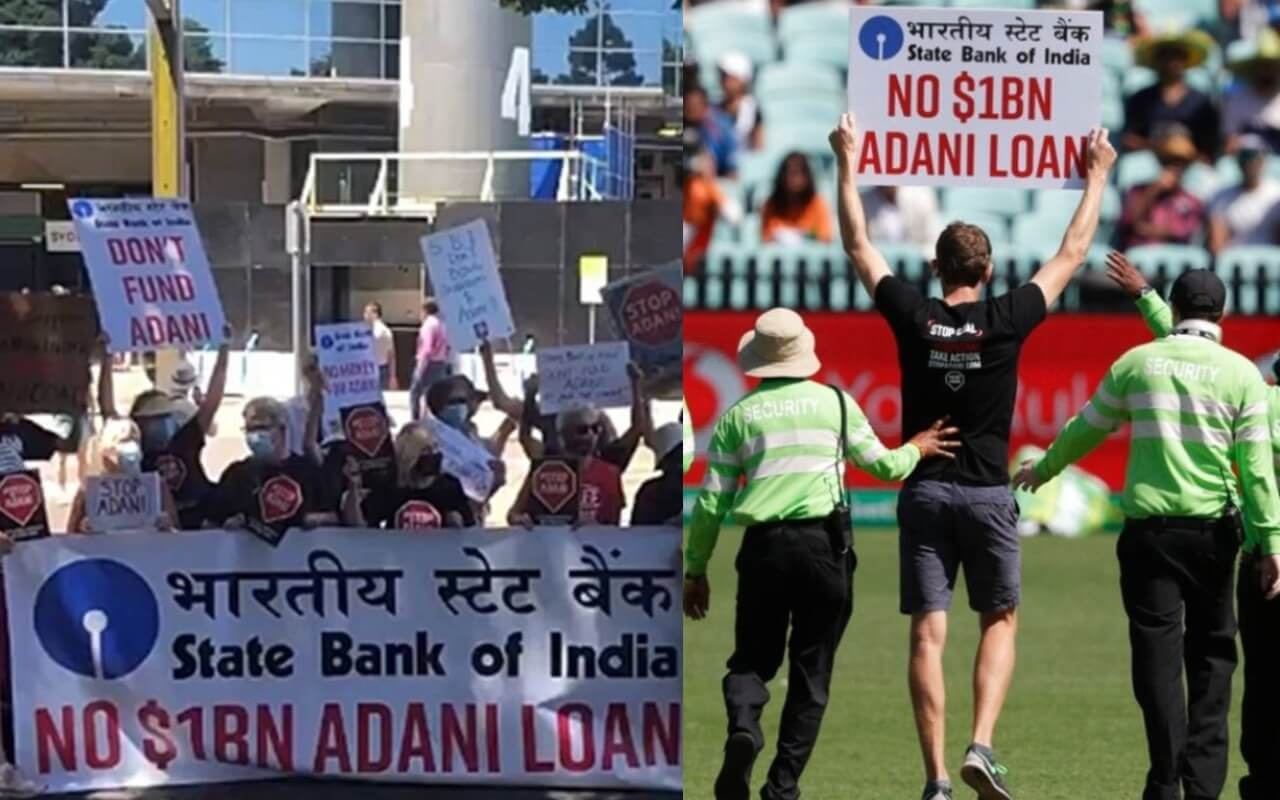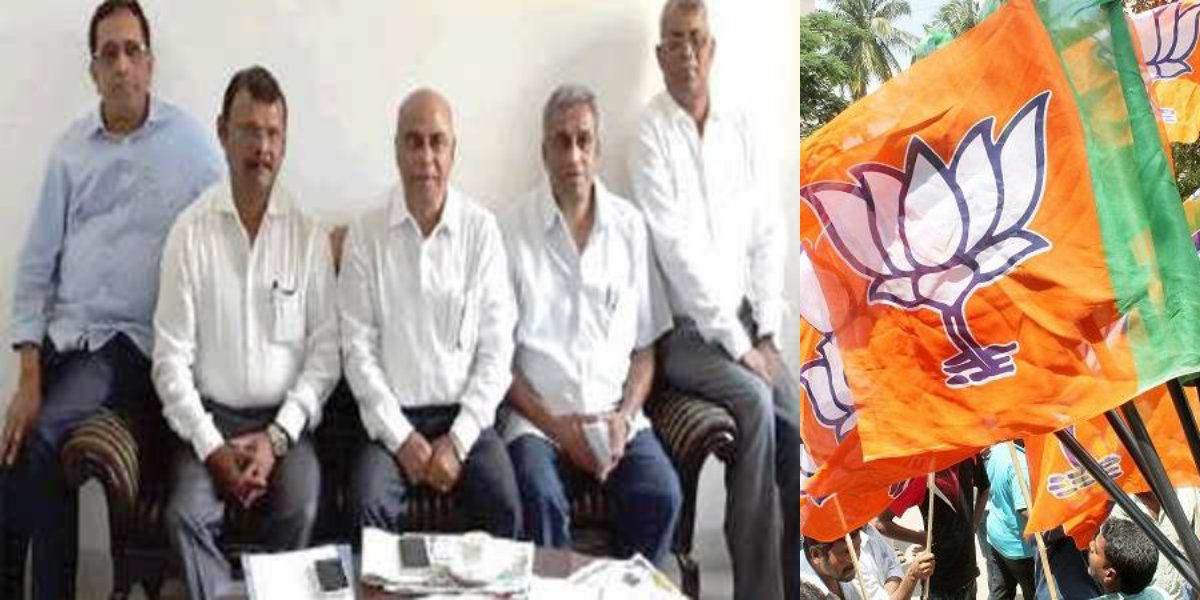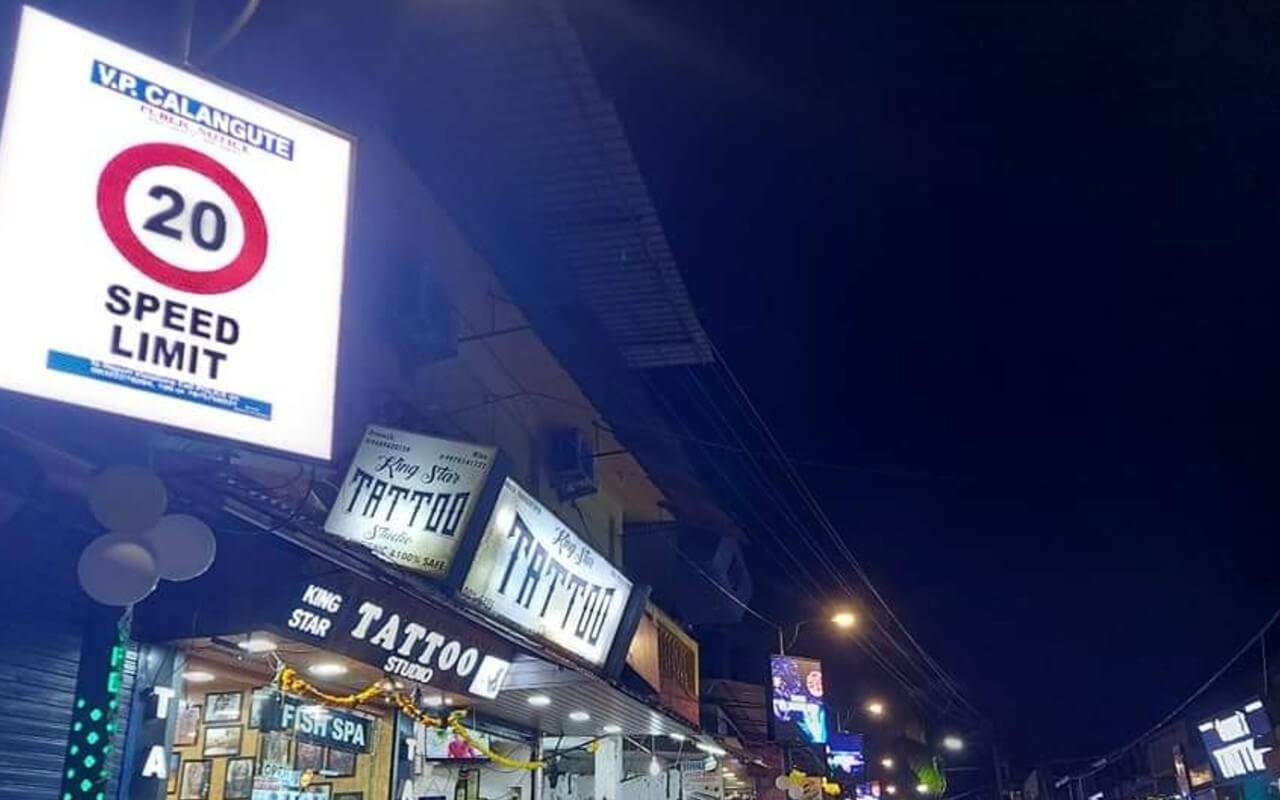Goa Prism believes in the power of acceptance, inclusion & embracing the differences that various disabilities may bring is truly enlivening. This year, Goa Prism is celebrated Autistic Pride Day to build a more inclusive society that strongly believes, “Being Autistic means you aren’t weird, but differently wired.”
Every little step counts in the creation of a more inclusive society, and awareness or encouragement is definitely the first step. So, Goa Prism in association with Sethu conducted an event that included children who live with Autism, their parents, siblings, loved ones, and some who simply know about this condition. The celebration with autistic children was indeed beautiful. These children taught all of us to look at the world from a different angle through their astonishing talents and intelligence.
Here is the glimpse of the celebration of the first-ever “World Autistic Pride Day” organized by Goa Prism in association with Sethu
Every human on this planet is not created alike. Each one of us has capabilities and features that are different from one another. Yet, with all the differences, we are all at the end of the day, just human beings.
So on the occasion of Autistic Pride Day, which falls on June 18, we celebrate the uniqueness of people with autism. This day is observed with an aim to spread awareness about people with Autism, their rights and celebrate their uniqueness. The main objective of Autistic Pride Day is to acknowledge the fact that people with Autism are still human beings and should not be subjected to any kind of bias or prejudice.
Let us take a look at the exigency of knowledge regarding Autistic Pride Day and its celebration!
To begin with, What is Autism?
Autism, also called autism spectrum disorder (ASD), is one of the more common developmental disabilities prevailing in 1 out of 100 children under the age of 10 in India. It is a convoluted condition that includes problems with behavior and communication along with a wide range of symptoms, from a minor problem to a disability that needs full-time care. Autistic people have trouble understanding what others think and feel, this makes it hard for them to express themselves, either with words or through facial expressions, gestures, and touch. They might also have problems with learning due to uneven skill development.
Prevalence of Autism
Incidence extrapolations in India for Autism vary from 11,914 individuals per year, 250 per month, 57 per week, to 8 per day! In 2020, the Center for Disease Control (CDC) reported that Autism is estimated to affect approximately 1 in 54 children of the USA, according to 2016 data. Autism is rare in girls (1 in 34) compared to boys (1 in 144). Studies also show that 31% of children with ASD have an intellectual disability (intelligence quotient [IQ] <70), 25% are in the borderline range (IQ 71–85), and 44% have IQ scores in the average to above-average range (i.e., IQ >85).
Treatment and cure
Currently, no treatment has been shown to cure ASD, but a broad range of interventions, different kinds of therapies to improve speech and behavior, and sometimes medications have helped in managing conditions related to autism. These interventions reduce symptoms, improve daily living skills and cognitive ability, maximize the ability of the child to function and participate in the community. Autism affects each person differently, each one has unique strengths and challenges in social communication, behavior, and cognitive ability. Therefore, treatment propositions are usually multidisciplinary, it may involve parent-mediated interventions or other means to target the child’s individual needs.
Intervention Centers
It is important that, once autism has been diagnosed, children, adolescents or adults with autism and their caregivers should be offered relevant information, services, and practical support, in accordance with the evolving needs and preferences. The health-care needs of people with autism are complex and require a range of collaboration between health, education, social care, and employment. Interventions are designed and delivered with the participation of people living with these conditions and accompanied by actions at community and societal levels for inclusivity and support.
Numerous intervention or child development centers across India work to create and maintain policies that not only acknowledge the challenges but also appreciate, value, and celebrate the skills and abilities and make it possible for people with autism to live and thrive in our community.
Sethu, a charitable trust based in Goa, helps children get the best out of their lives as they develop and grow. They believe that everyone is unique with different strengths and challenges, and a unique perspective of the world. Autistic people are no different in that regard. Autism is not a disease that needs to be exterminated. Rather, it is a set of developmental conditions that, with the appropriate intervention, can result in great improvements in the quality of life of a person and their family.
Autistic Pride Day
Every year “World Autistic pride day” is celebrated on June 18, to recognize the importance of pride for autistic people and highlights the fact that people with autism are unique individuals and not treatment cases. Every year the objective of celebrating the day is to convey – what Stuart Duncan rightly said, “Autism is not a disability, it is a different ability.”
Autistic Pride Day symbol – Rainbow Infinity
The Rainbow Infinity Symbol of the Autistic Pride Day signifies the neurodiversity of autistic people. It represents “diversity with infinite variations and infinite possibilities”.
History
The Autistic Pride Day was first celebrated in 2005 in Brazil by Aspies for Freedom (AFF). The first-ever Autistic Pride Day was celebrated with the theme – ‘Acceptance Not Cure’. AFF was created in 2004, by Gareth and Amy Nelson – it is a unique event initiated and led by people with autism. AFF is a special community at the forefront of campaigning and activism for the rights of autistic people, it was created by autistic people and is led by them.
Also, the World Health Assembly adopted the resolution of “Comprehensive and coordinated efforts for the management of autism spectrum disorders(ASD)” in May 2014, to mobilize Nations to make collaborative efforts, along with WHO (World Health Organisation) to strengthen the awareness around Autism and other developmental disorders.
WHO Response to Autism
The World Health Organization and partners recognize the need to strengthen countries’ abilities to promote the optimal health and well-being of all people with autism. It focuses on increasing the commitment of governments to taking action to improve the quality of life of people with autism; providing guidance on policies and action plans that address autism within the broader framework of health, mental health, and disabilities; contributing to strengthening the ability of caregivers and the health workforce to provide appropriate and effective care for people with autism; and promoting inclusive and enabling environments for people with autism and other developmental disabilities.
Conclusion
Autism is a lifelong process and people with autism have unique characteristics. Despite the inevitable challenges of their neurodiversity, another factor that they struggle with is the attitude of society towards them. It is highly essential to spread awareness regarding the fact that people with autism do not seek your sympathy. This prejudiced attitude makes them feel inferior. All that we have to remember as a society is that perfection is one’s perception – every individual is unique in their own way. All that we have to do is just accept them!




